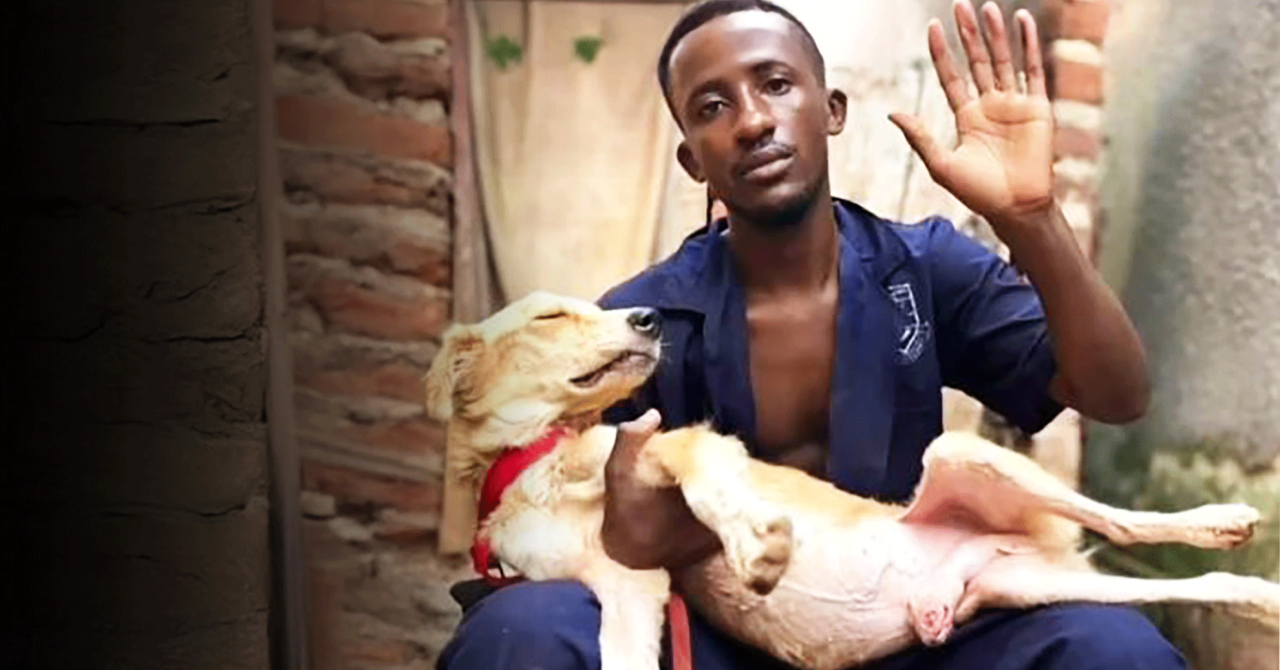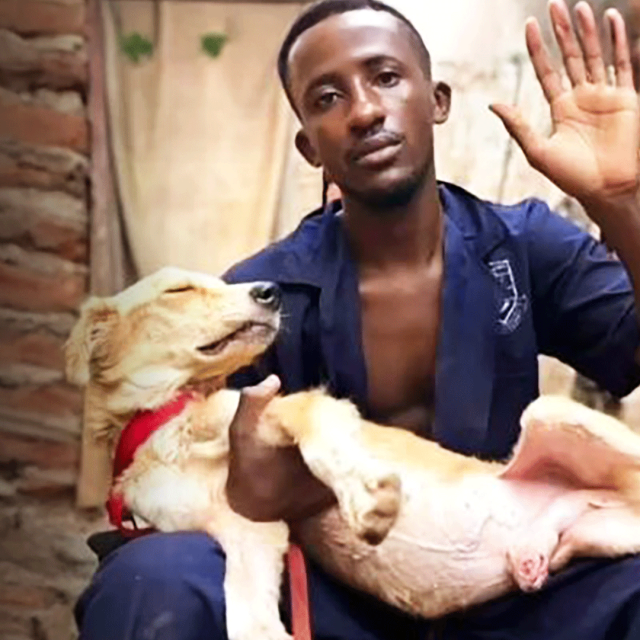In Uganda, scammers use fake social media profiles posing as animal rescuers, abusing and injuring dogs to emotionally manipulate people and extract donations. These scams have become a major problem, with hundreds of fake shelters and scammers using images and videos of injured animals to collect money. Most international organizations are unable or unwilling to intervene due to corruption and poverty in Uganda. Scammers often refuse direct payments to veterinarians and use emotional pressure to continue the scams. Similar scams previously targeted orphanages and have now spread to animal shelters. In countries like Croatia, donation scams exist but not to the extent or with the level of animal abuse seen in Uganda. Solutions include education, raising awareness, international cooperation, and stricter laws and enforcement.
Political Perspectives:
Left: Left-leaning sources emphasize the exploitation and abuse of vulnerable animals and people in Uganda, highlighting the socio-economic conditions such as poverty and corruption that enable these scams. They focus on the need for international intervention, animal rights protection, and systemic change to address the root causes of the problem.
Center: Center-leaning sources report the facts of the scam, describing the methods used by scammers and the impact on donors and animals. They stress the importance of awareness and caution among potential donors and call for better regulation and cooperation between international organizations and local authorities to combat the fraud.
Right: Right-leaning sources may focus on the criminal aspect of the scam, emphasizing personal responsibility and skepticism towards foreign aid. They might highlight the failure of Ugandan authorities and international bodies to control corruption and fraud, advocating for stricter enforcement and caution in donating to foreign charities.













